News
Editorial: Toxic Fandom is Strangling Genre Filmmaking
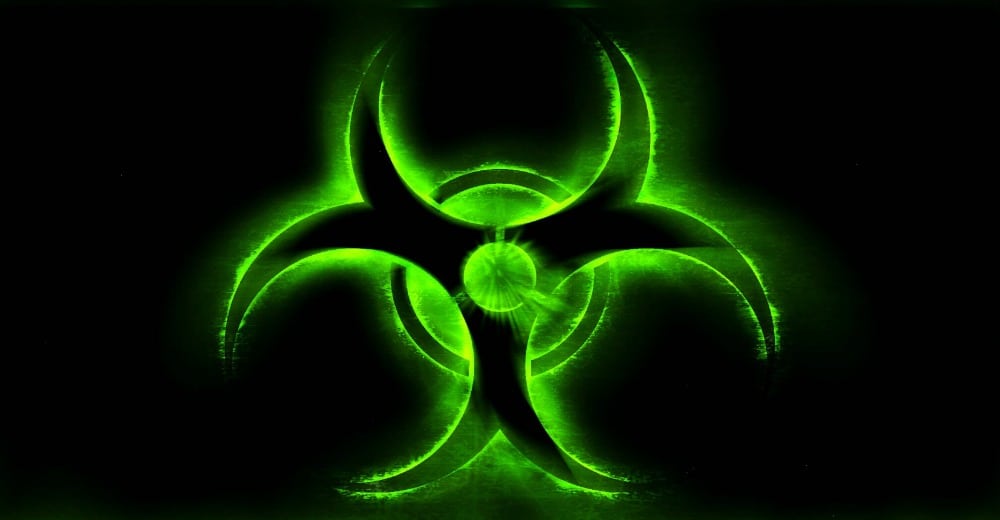
I often sit and wonder about the things I read online, and how we got to a particular point in society. In the last few years, it seems to happen more and more that I sign on to find more articles about filmmakers, actors, casting agents, etc. bullied and harassed to the point that they decide to pull back from social media and other contact from the public in order to protect their sanity from toxic fandom.
Just in the last year, Kelly Tran, breakout star in Star Wars: The Last Jedi and a constant and positive ray of sunshine to her fans, withdrew from social media after repeated and constant racist and threatening attacks because a certain demographic of “franchise fans” were livid with the film.
Those same fans started a petition to completely remake the film in order to “save the franchise” from what had been done to it by The Last Jedi. Now, take a step back and think on what it means for a “fan” to feel that they’re owed a completely new film because the one that was released was not made and did not go in the direction that they thought it should.
More recently, we’ve seen the backlash against Ruby Rose after her casting as Batwoman in the CW’s popular Arrowverse because people thought she was neither Jewish enough nor Lesbian enough to be cast in the role. Rose, who came out at the age of 12 and who also identifies as gender fluid decided to take a break from Twitter in order to prepare for the role without having to read the tweets of hundreds of people telling her she couldn’t do it.
As a side note, how is that even a question? How much lesbian does one have to be in order to be considered lesbian enough? Have you ever heard anything so ridiculous?
And lest you think that this only happens in the world of comic book and fantasy/sci fi films, I encourage you to take a look back over comments made on our own iHorror Facebook page every single day with regards to various films and the actors in them.
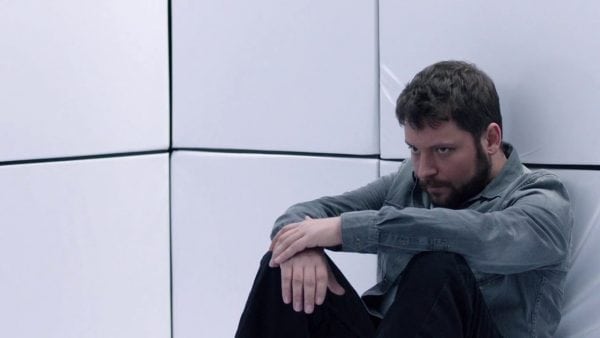
“Fans” of the Chucky franchise had plenty to say about Cult of Chucky. The negativity would be ridiculous if it wasn’t so worrisome.
It generally starts out innocently enough (though not always) with a comment about how someone doesn’t agree with the casting of a film or that they’re remaking an older film, but then you can sit back and watch as that little seed of a comment begins to sprout.
Someone agrees with them, so they come back with something stronger and a little nastier. Then someone else ups the ante with another far more negative statement and before long, the entire thread has bloomed into something poisonous that threatens to take over the entire feed.
How many times have we seen people online rage about how they want something new and different from horror filmmakers only to then watch those same people take a steaming crap on every attempt by filmmakers to do so?
How many times have we witnessed online conversations by supposed fans of the genre in which they basically say that they want something new…that’s exactly like what they watched when they were kids…but not a remake…but nothing different…but something new?
And furthermore, how many times have we seen those conversations and comments become something incoherent and rage-fueled in its vehemence? How long does it take before someone begins to threaten someone else who disagrees with them? How long will it be before we see people actually acting on that rage and those threats?
But where does this come from? Where does this feeling of “I like something so I should be able to dictate how it’s made and who makes it and who stars in it” begin?
In a blog posted earlier this year, Aaron Cooper sought to dig into this issue in a blog titled “Us vs. Them: Toxic Fandom and the Cult of Identity” and he hit on a major point that resonates with me when I see these interactions online.
In the post, he begins by pointing out that these kind of reactions are nothing new, really. One only has to go back and look at the reactions of readers when Sir Arthur Conan Doyle decided to kill Sherlock Holmes in the 1890s because he had grown tired of writing the same character over and over again.
What did those fans do?
They wrote letters. They made threats, and some of those intrepid souls began to write their own Holmes stories.
Sound familiar?
Still, Cooper points out that this problem has grown, especially in the digital age, and he lays the blame, at least in part, on identity marketing.
For those unfamiliar, identity marketing at its core encourages a feeling of entitlement by belonging to a specific group or fandom by convincing those members that no one else “gets them” but it’s because those outsiders are not actually worthy of being a part of the group anyway.
“Mentally subscribing to a fandom is a means of to showboat legitimacy,” Cooper says. “In the past, fandoms were mostly exclusive to a small set of people. It’s not only safer to express your love of something unpopular in the mainstream while in small numbers, but it’s simply more appealing. After all, if everyone loved Neon Genesis: Evangelion, it wouldn’t feel as cool right? This also lends to the idea of social status. Unfortunately, social status feeds narcissism.”
So, case in point. I, myself, am a huge fan of the Halloween franchise. Seriously, I love those movies so much and I can spend hours giving a lecture on why Michael Myers is the biggest badass among other franchise villains.
Then Rob Zombie comes along and remakes it, and in the process, completely throws out what I consider to be the scariest point of the film franchise. Michael Myers was scary because, until the point that he killed his sister, so far as we know, he had never shown any signs of violence.
He was a little kid from a good suburban home with no seeming motivation and then one day he just snapped. This, to me and countless other fans, is terrifying because it could be any kid who lives down the street from me!
Zombie’s film supplied Michael with an abusive background, a history of hurting small animals, and a serious temper thus eliminating the thing that set Michael apart from the rest and I was livid. I must have bored most of my friends to tears with explanations of why the film sucked and why it should never have happened.
However, in all of that, I never once felt the need to threaten Rob Zombie or his family. I never got online and wrote nasty messages to the film’s stars telling them to die or quit acting or making racially or gender-motivated comments about them, and there is the line, readers.
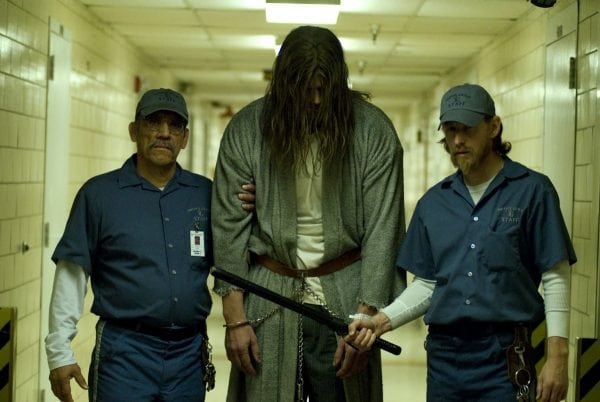
Rob Zombie’s Halloween
Repeat after me:
Everyone has a right to their feelings, thoughts, and opinions, but you do not have the right to use those opinions as fuel to make threats against other fans or the creative team or the actors (who are just doing their job, by the way) because something does not fit into the mold that you feel it should. And you certainly don’t have the right to make good on those threats.
The concept of identity marketing and the ensuing narcissistic behavior continues to be fueled by an “us vs. them” dynamic and even more strangely, we’ve even begun to see an inversion to the previous examples.
How many times online have you read, “Oh you liked that movie? Well, as a real horror fan, I can tell you it sucked” or “If you were a real horror fan, you’d think was just as terrible as I did and the person that made it should be shot”?
Okay, that last part was a little extreme but I’ve seen similar comments with my own eyes.
Obviously, in these examples, the toxic portions of our fandom are now manipulating the rules to be a part of the club. It’s not enough that you like horror movies. Now you have to like a particular list of films in order to be a real fan.
This adds yet another layer of exclusivity to a genre that is already clearly relegated to the outskirts of “legitimate” filmmaking, but that’s okay because those other people just don’t get it, right?
Wrong.
This toxic attitude serves no one and nothing in the genre. It is pushing away new horror fans and has given rise to what I have personally termed “horror hipsters”, i.e. those people who are prepared to hate anything that the public at large enjoys.
Additionally, it is creating a hostile environment for writers, directors, and actors within the genre. Would you honestly want to spend countless days, weeks, months, or even years creating something that you knew the fandom would tear apart even if you tailor made it to their specifications?
And that, readers, is when we see the genre begin to atrophy. You can blame reboots, remakes, Twilight fans, or whoever you want, but toxic fandom will be the hill on which this genre breathes its last breath.
So what do we do? How do we stem the tide of this toxic environment?
I’m not certain there is a clear answer to this. Certainly, we can start taking stock of and tempering our own reactions, but I think this goes beyond that.
The toxicity of these fandoms is nourished by the anonymity of online communication where one can drop a nasty, hate-filled comment on one subject and then jump over to the next with zero thought in between.
The only way to break this cycle is by elevating the level of that communication, and I fear that mountain is a long and difficult one to climb. Still, we must, and we must do it in our own forums.
Death threats to a filmmaker or actor are not a normal reaction to not liking a film.
Threats of violence against someone who doesn’t agree with you about a film (or anything else for that matter) is not a normal reaction.
Just because you like or love a franchise, film, etc. does not mean you own it, nor does it mean that the filmmakers of future iterations must follow your rules and story lines, especially when the fandom can’t even agree on what those rules should be. This is even more true when the person making those films is the original creator. It can’t be “outside of canon” if the person making it created the canon.
Our silence is our undoing; if we don’t step in where we see these things happen, we are guilty by association.
'Civil War' Review: Is It Worth Watching?
Follow our new YouTube channel "Mysteries and Movies" here.
Movies
Trailer for ‘The Exorcism’ Has Russell Crowe Possessed
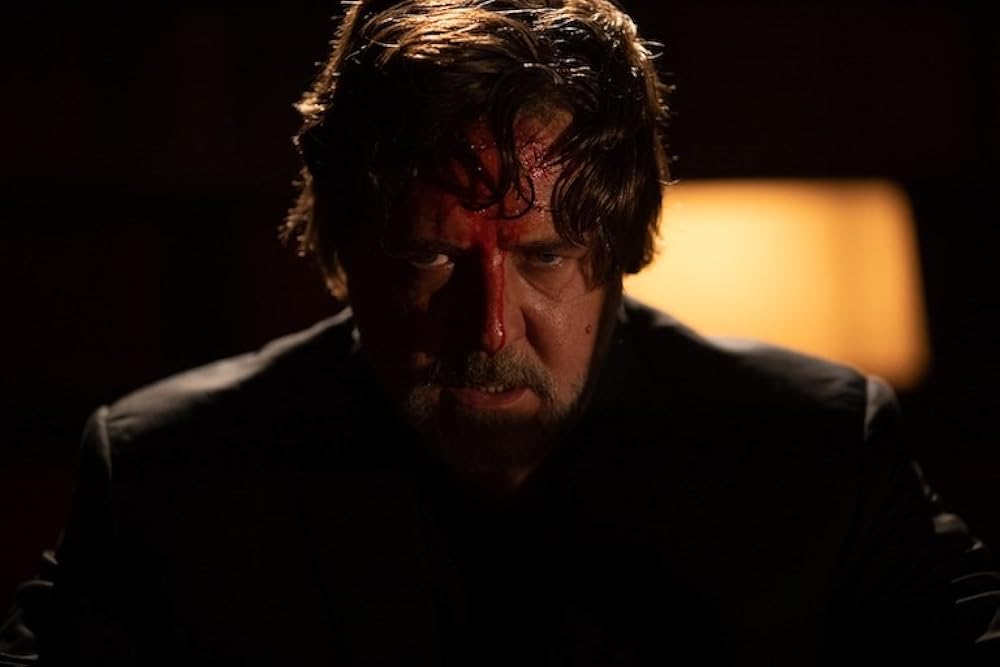
The latest exorcism movie is about to drop this summer. It’s aptly titled The Exorcism and it stars Academy Award winner turned B-movie savant Russell Crowe. The trailer dropped today and by the looks of it, we are getting a possession movie that takes place on a movie set.
Just like this year’s recent demon-in-media-space film Late Night With the Devil, The Exorcism happens during a production. Although the former takes place on a live network talk show, the latter is on an active sound stage. Hopefully, it won’t be entirely serious and we’ll get some meta chuckles out of it.
The film will open in theaters on June 7, but since Shudder also acquired it, it probably won’t be long after that until it finds a home on the streaming service.
Crowe plays, “Anthony Miller, a troubled actor who begins to unravel while shooting a supernatural horror film. His estranged daughter, Lee (Ryan Simpkins), wonders if he’s slipping back into his past addictions or if there’s something more sinister at play. The film also stars Sam Worthington, Chloe Bailey, Adam Goldberg and David Hyde Pierce.”
Crowe did see some success in last year’s The Pope’s Exorcist mostly because his character was so over-the-top and infused with such comical hubris it bordered on parody. We will see if that is the route actor-turned-director Joshua John Miller takes with The Exorcism.
'Civil War' Review: Is It Worth Watching?
Follow our new YouTube channel "Mysteries and Movies" here.
News
Win a Stay at The Lizzie Borden House From Spirit Halloween
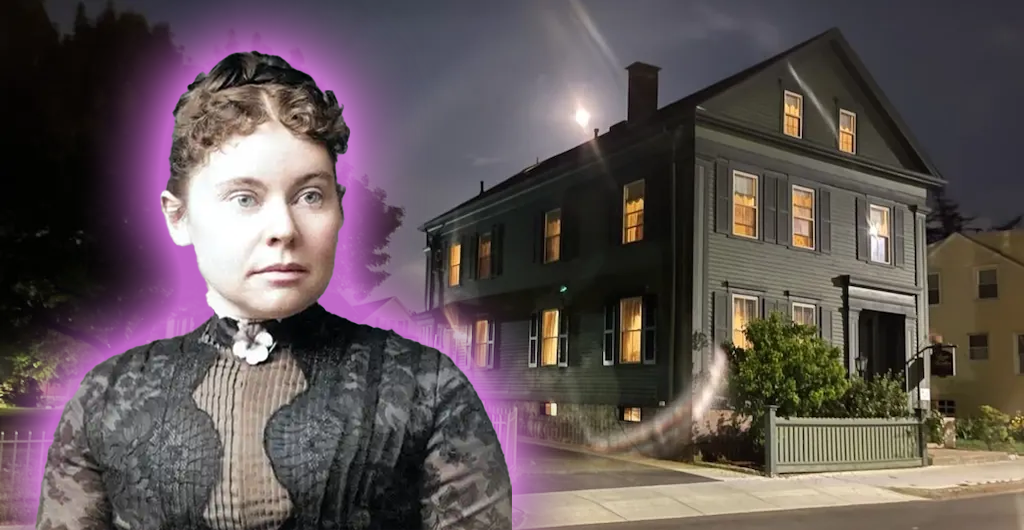
Spirit Halloween has declared that this week marks the start of spooky season and to celebrate they are offering fans a chance to stay at the Lizzie Borden House with so many perks Lizzie herself would approve.
The Lizzie Borden House in Fall River, MA is claimed to be one of the most haunted houses in America. Of course one lucky winner and up to 12 of their friends will find out if the rumors are true if they win the grand prize: A private stay in the notorious house.
“We are delighted to work with Spirit Halloween to roll out the red carpet and offer the public a chance to win a one-of-a-kind experience at the infamous Lizzie Borden House, which also includes additional haunted experiences and merchandise,” said Lance Zaal, President & Founder of US Ghost Adventures.
Fans can enter to win by following Spirit Halloween‘s Instagram and leaving a comment on the contest post from now through April 28.
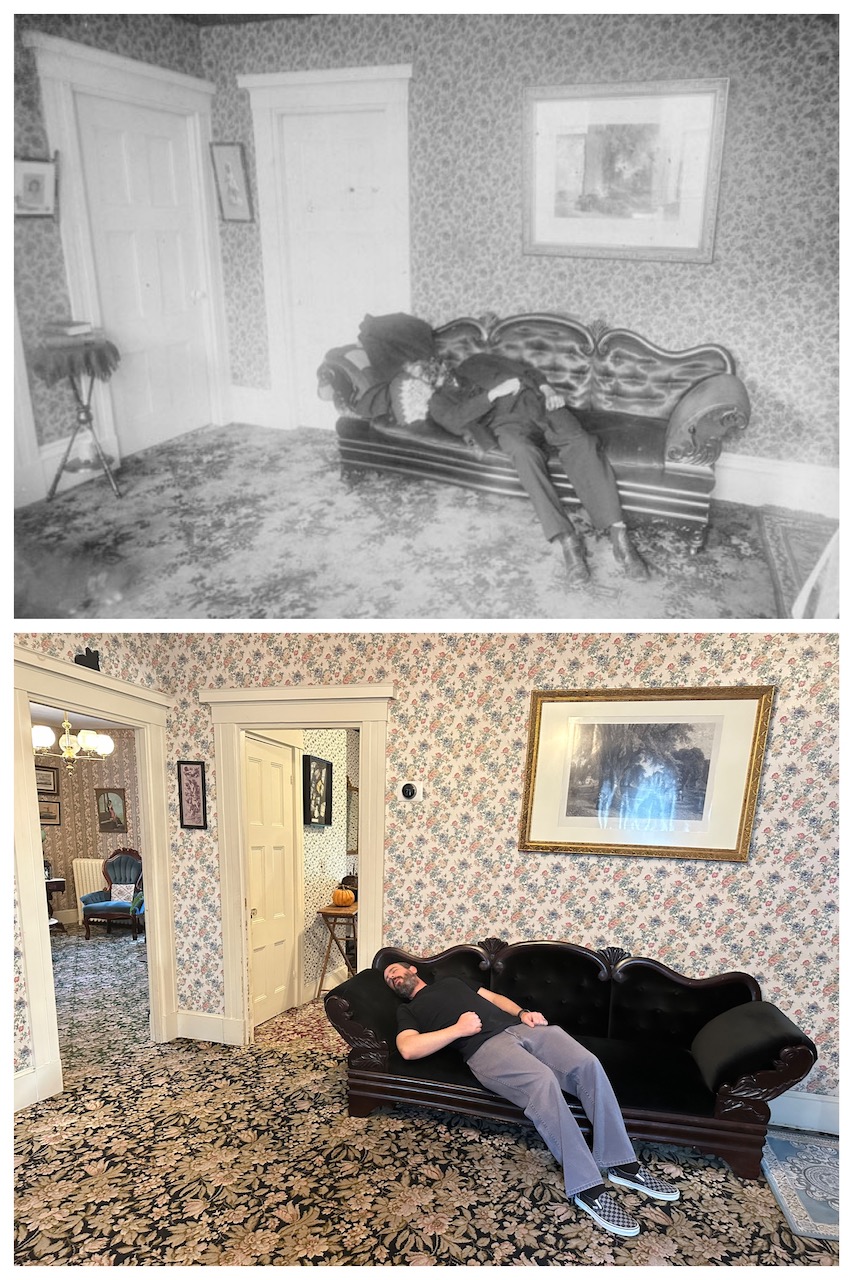
The prize also includes:
An exclusive guided house tour, including insider insight around the murder, the trial, and commonly reported hauntings
A late-night ghost tour, complete with professional ghost-hunting gear
A private breakfast in the Borden family dining room
A ghost hunting starter kit with two pieces of Ghost Daddy Ghost Hunting Gear and a lesson for two at US Ghost Adventures Ghost Hunting Course
The ultimate Lizzie Borden gift package, featuring an official hatchet, the Lizzie Borden board game, Lily the Haunted Doll, and America’s Most Haunted Volume II
Winner’s choice of a Ghost Tour experience in Salem or a True Crime experience in Boston for two
“Our Halfway to Halloween celebration provides fans an exhilarating taste of what’s to come this fall and empowers them to start planning for their favorite season as early as they please,” said Steven Silverstein, CEO of Spirit Halloween. “We have cultivated an incredible following of enthusiasts who embody the Halloween lifestyle, and we’re thrilled to bring the fun back to life.”
Spirit Halloween is also preparing for their retail haunted houses. On Thursday, August 1 their flagship store in Egg Harbor Township, NJ. will officially open to start off the season. That event usually draws in hordes of people eager to see what new merch, animatronics, and exclusive IP goods will be trending this year.
'Civil War' Review: Is It Worth Watching?
Follow our new YouTube channel "Mysteries and Movies" here.
Movies
’28 Years Later’ Trilogy Taking Shape With Serious Star Power
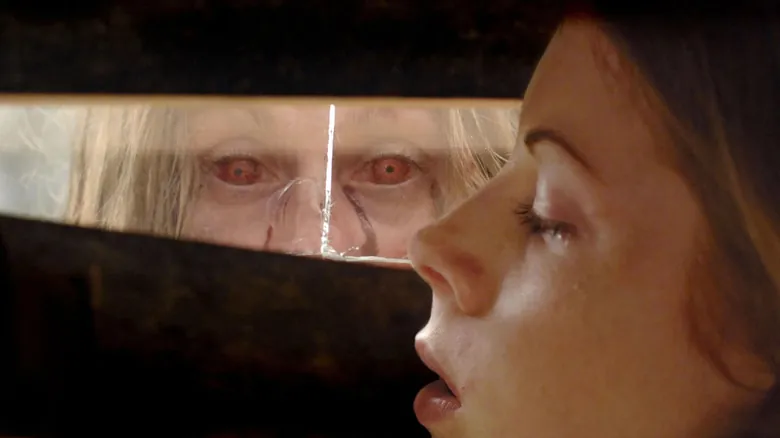
Danny Boyle is revisiting his 28 Days Later universe with three new films. He will direct the first, 28 Years Later, with two more to follow. Deadline is reporting that sources say Jodie Comer, Aaron Taylor-Johnson, and Ralph Fiennes have been cast for the first entry, a sequel to the original. Details are being kept under wraps so we don’t know how or if the first original sequel 28 Weeks Later fits into the project.
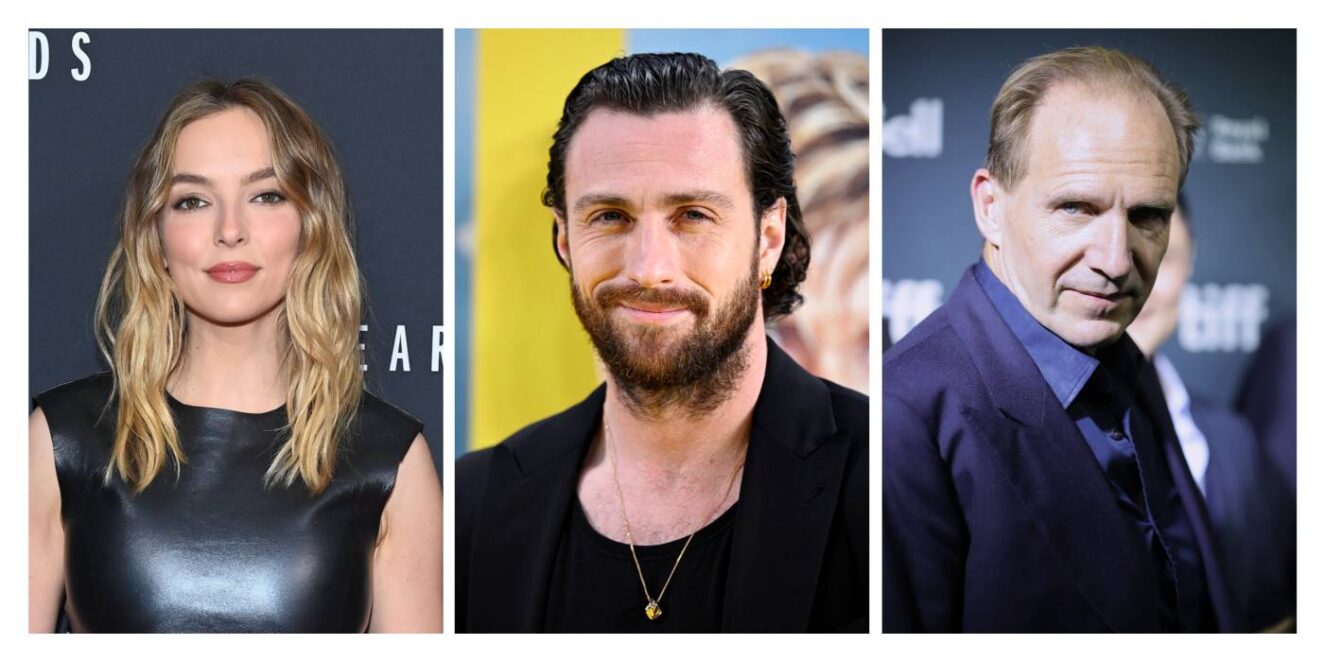
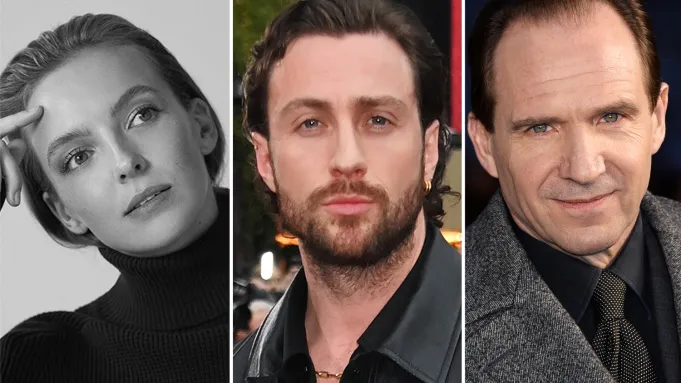
Boyle will direct the first movie but it’s unclear which role he will take on in the subsequent films. What is known is Candyman (2021) director Nia DaCosta is scheduled to direct the second film in this trilogy and that the third will be filmed immediately afterward. Whether DaCosta will direct both is still unclear.
Alex Garland is writing the scripts. Garland is having a successful time at the box office right now. He wrote and directed the current action/thriller Civil War which was just knocked out of the theatrical top spot by Radio Silence’s Abigail.
There is no word yet on when, or where, 28 Years Later will start production.
The original film followed Jim (Cillian Murphy) who wakes from a coma to find that London is currently dealing with a zombie outbreak.
'Civil War' Review: Is It Worth Watching?
Follow our new YouTube channel "Mysteries and Movies" here.
-

 News6 days ago
News6 days agoBrad Dourif Says He’s Retiring Except For One Important Role
-

 Strange and Unusual6 days ago
Strange and Unusual6 days agoMan Arrested for Allegedly Taking a Severed Leg From Crash Site And Eating It
-
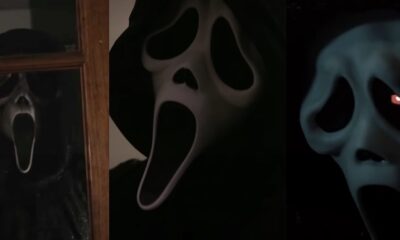
 Editorial6 days ago
Editorial6 days ago7 Great ‘Scream’ Fan Films & Shorts Worth a Watch
-
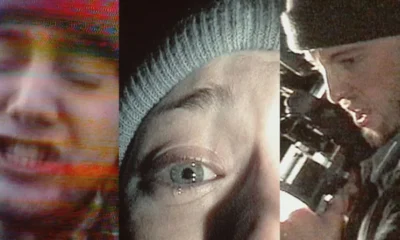
 News4 days ago
News4 days agoOriginal Blair Witch Cast Ask Lionsgate for Retroactive Residuals in Light of New Film
-
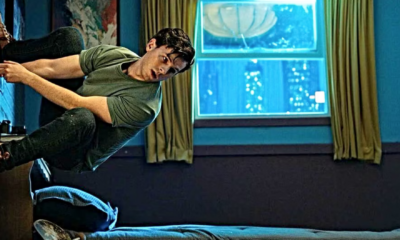
 Movies5 days ago
Movies5 days agoSpider-Man With a Cronenberg Twist in This Fan-Made Short
-
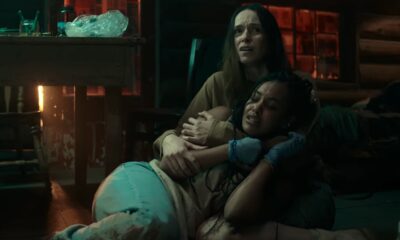
 Movies6 days ago
Movies6 days agoCannabis-Themed Horror Movie ‘Trim Season’ Official Trailer
-

 News2 days ago
News2 days agoPerhaps the Scariest, Most Disturbing Series of The Year
-

 Movies3 days ago
Movies3 days agoNew F-Bomb Laden ‘Deadpool & Wolverine’ Trailer: Bloody Buddy Movie
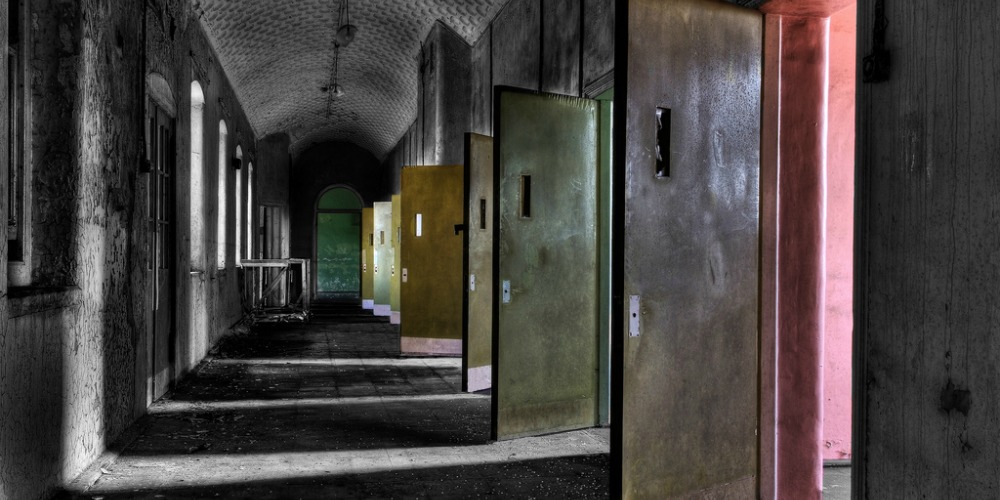
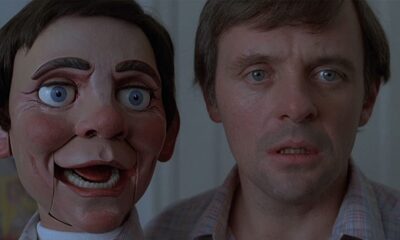

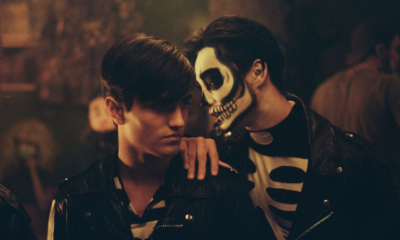


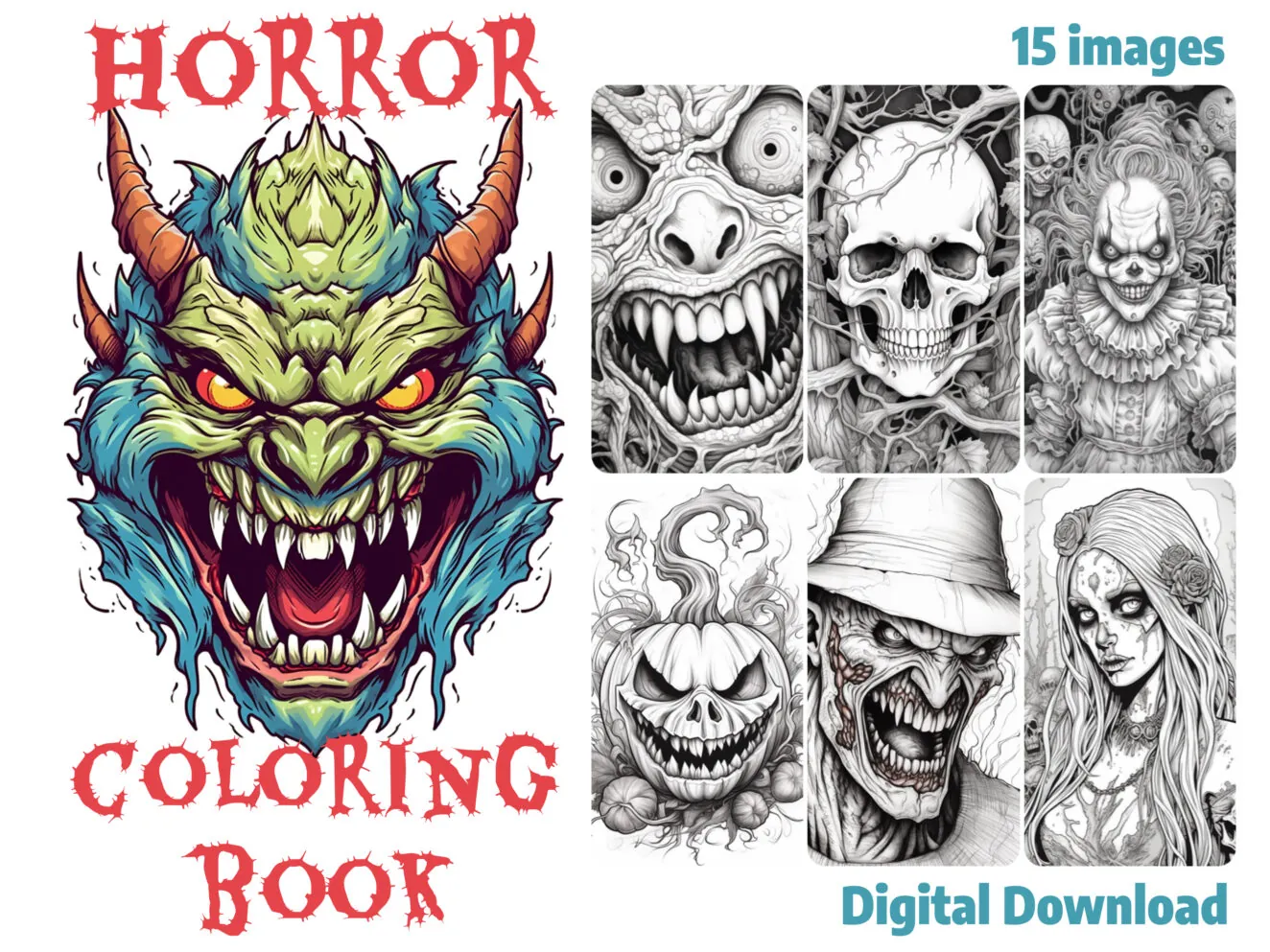
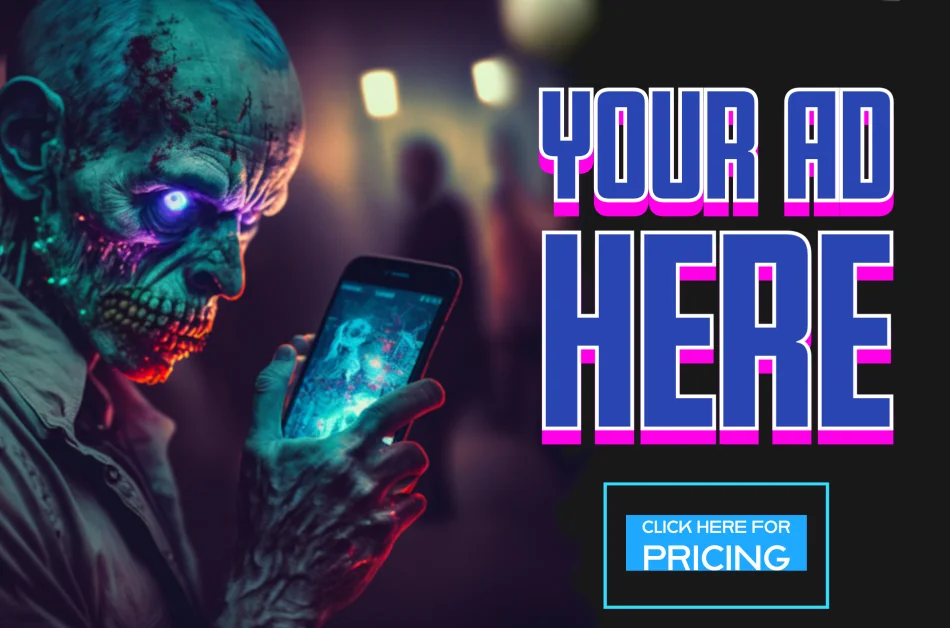



















You must be logged in to post a comment Login